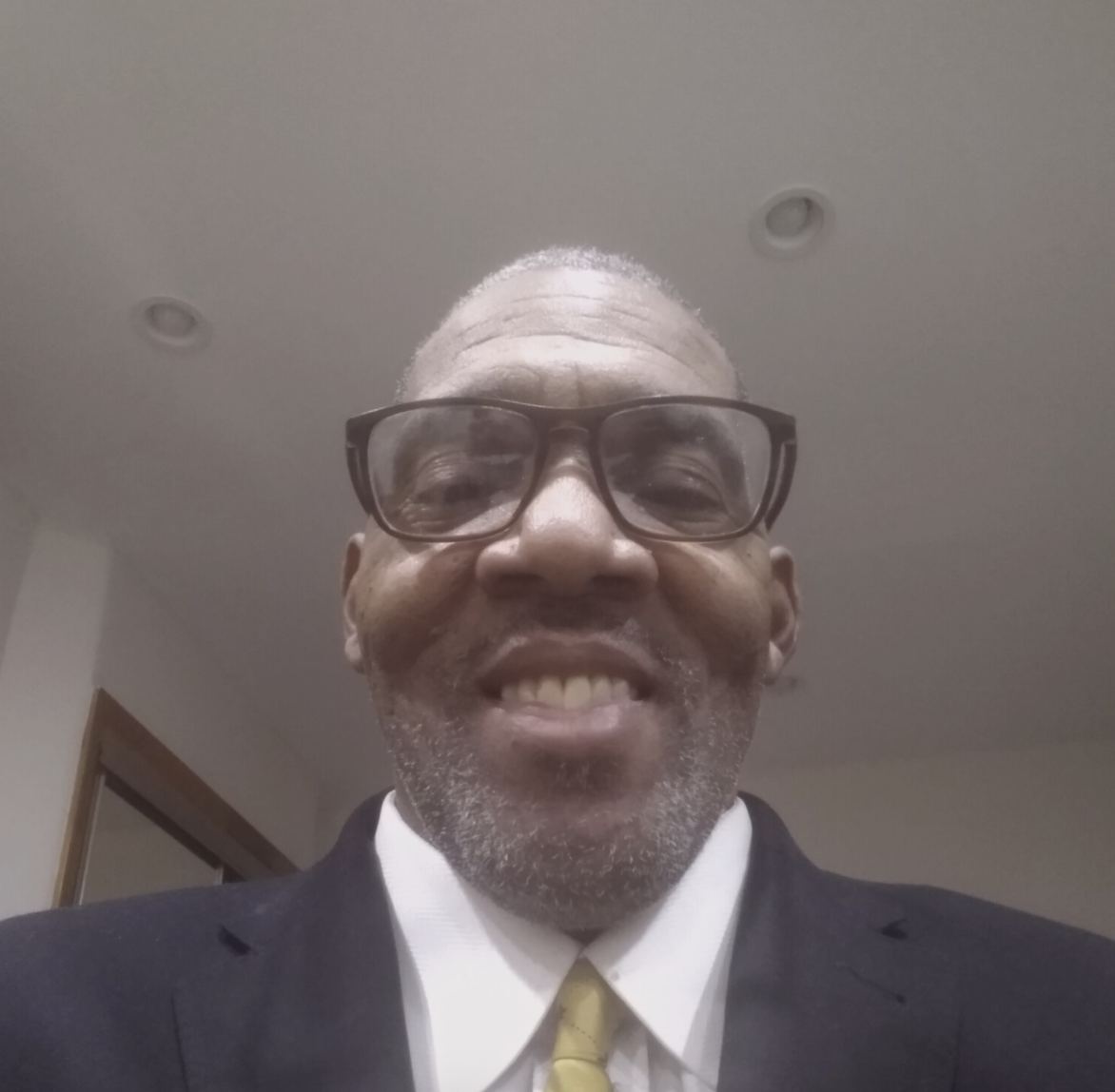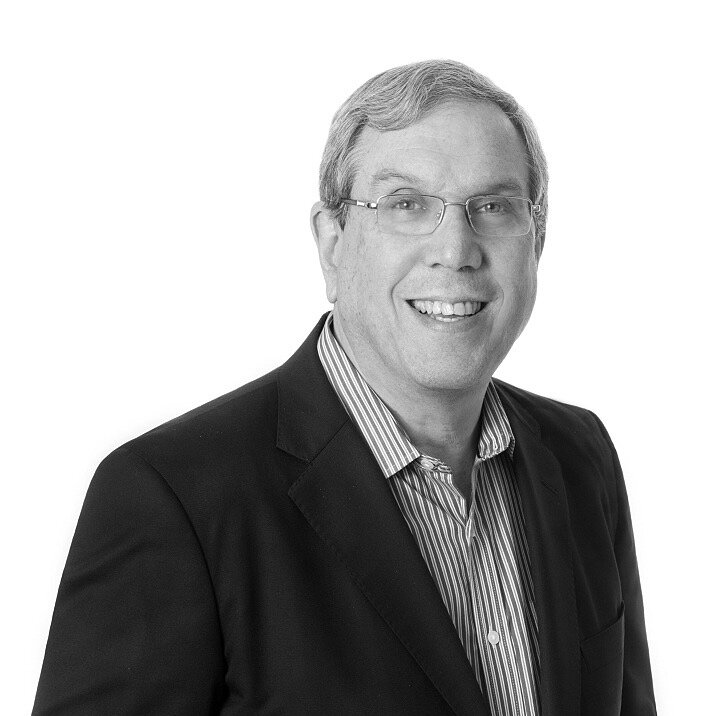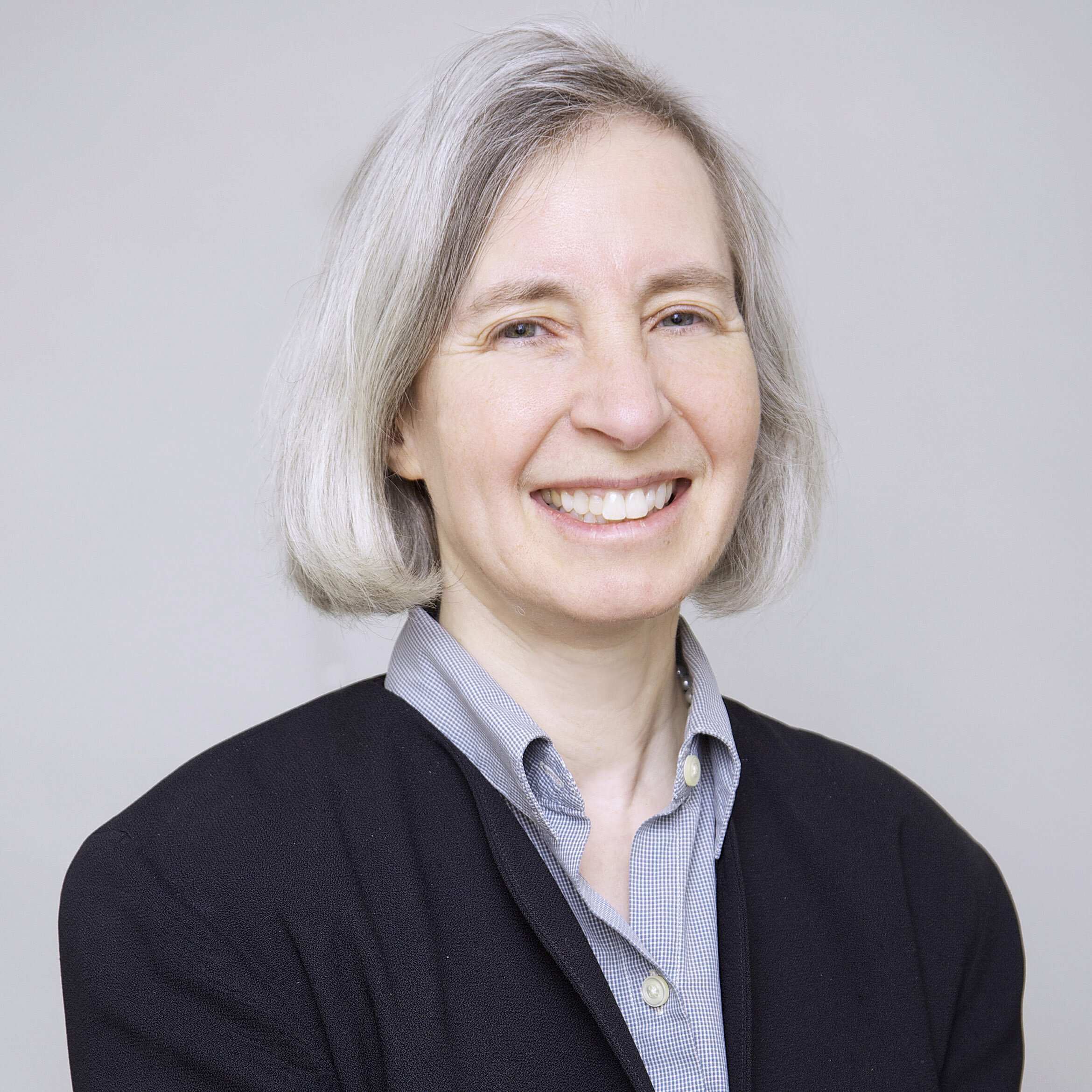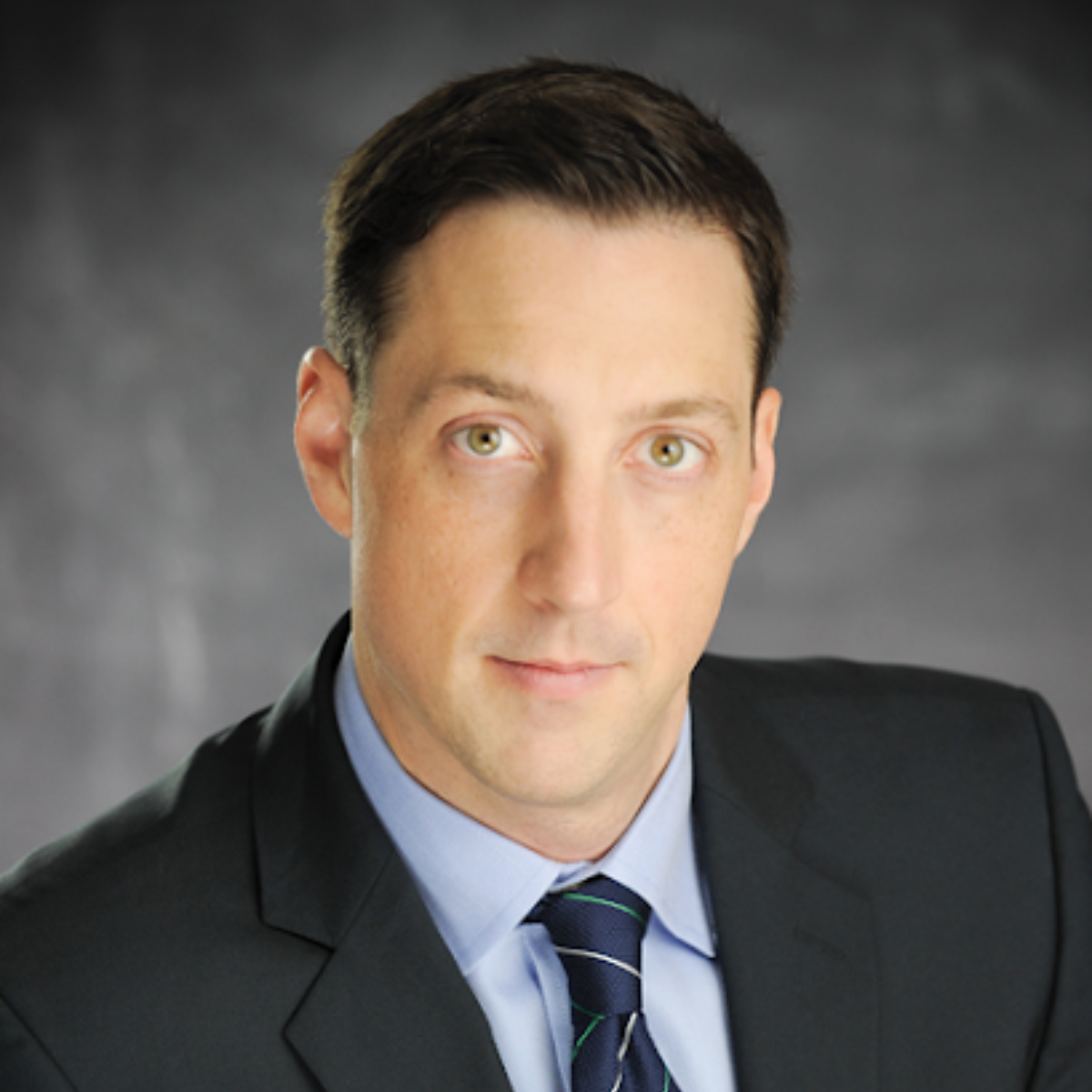
An Interview with a Leading Criminal Justice Reform Advocate: Marc Howard
Marc Howard is one of the country’s leading criminal justice and prison reform advocates and lawyers, and he is currently a professor of Government and Law at Georgetown University. He is the founding Director of the Prisons and Justice Initiative at Georgetown, through which he recently established a Georgetown degree-granting program for prisoners. He is also the Founder and President of a non-profit, the Frederick Douglass Project for Justice, aimed at combating prisoner stigmatization through open dialogue between the incarcerated and non-incarcerated communities . In 2017, Mr. Howard published Unusually Cruel: Prisons, Punishment, and the Real American Exceptionalism, which contrasted the United States penal system with those of other industrialized nations. Mr. Howard is also the author of two other books as well as many articles and op-eds in major newspapers.

Understanding the Differences Between Bandaging and Healing Housing Inequality: An Interview with Peter Williams
Peter Williams is a Harvard Advanced Leadership Fellow with expertise in nonprofit capacity building and program development in housing equality and civil rights. He has gained experience in housing rights and civil justice as Executive Vice President for Programs at the NAACP, President and CEO of the Mid Bronx Desperadoes, Vice President of Continuing Education and Community programs at Medgar Evers College, City University of New York, and Director of Housing and Community Development at The National Urban League. In this interview, Mr. Williams shares his opinion on the effectiveness of New Hampshire Bill HB588 (Tiny Homes) in addressing housing inequality and provides his insight into the most impactful ways to provide affordable housing to low-income communities.

Revealing the Ugly Side of the Beautiful Game: An Interview with Jeffrey Kessler, Lead Attorney for the United States Women’s National Soccer Team in Their Struggle for Equal Pay
Despite being the most successful team in the history of women’s international soccer and outperforming their male counterparts in all metrics, both on and off the pitch, the U.S. Women’s National Soccer Team continues to be paid significantly less. The HULR interviewed Jeffrey Kessler, the USWNT’s lead attorney in their gender discrimination lawsuit against the U.S. Soccer Federation, to discuss his firsthand account of the case, its current standing, and his vision for the future.

Human Rights, Legal Systems, Technology, and Law School: An Interview With Martha Minow
Martha Minow, the 300th Anniversary University Professor and former Dean of Students at Harvard Law School, has taught at the law school since 1981. Before teaching at Harvard, Minow clerked for Judge David Bazelon of The United States Court of Appeals for the D.C. Circuit and U.S. Supreme Court Justice Thurgood Marshall. She is an expert in human rights and minority advocacy and has written numerous books and scholarly articles. Minow has also served on various committees and boards, such as the Independent International Commission Kosovo, has received several awards and nine honorary degrees from schools around the world, and was appointed to the Legal Services Corporation by President Barack Obama in 2009. She received her undergraduate degree at the University of Michigan, her master’s degree in education at Harvard, and her law degree at Yale Law School.

Commercial Space Operations-The Final Frontier of Law: An Interview With Chris Johnson
For this interview, I was fortunate enough to speak with Chris Johnson, a Space Law Advisor for the Secure World Foundation of the Georgetown University Law Center. Our conversation largely revolved around the premises of historical space regulations and how such legislation will be interpreted moving forward—given the emergence of the private space industry. However, despite this private sector emergence, we also discussed the role of government agencies and how historical space legislation applies to them, particularly with regard to the recently-established US Space Force. Ultimately, it is my hope that this conversation can help identify areas of previous space law that will maintain relevance in the coming future—as well as areas that may need updating/replacement.